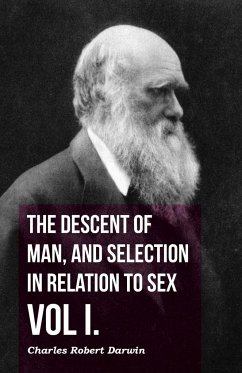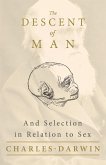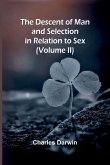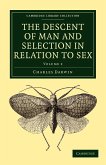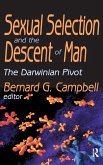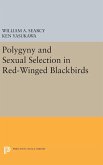Twelve years after the revolutionary publication of On the Origin of Species, Charles Darwin finally turned his formidable scientific method to the most controversial creature of all: man. In the first volume of this groundbreaking work, Darwin directly addresses three fundamental questions he had previously avoided: whether man is descended from some pre-existing form, the manner of his development, and the value of the differences between the so-called races of man. Drawing on extensive evidence from comparative anatomy, embryology, and the physical and mental traits shared with the lower animals, Darwin forcefully argues that humans, like all other species, are the product of an unbroken evolutionary chain. He examines how our intellectual and moral faculties, often held up as proof of a divine and unique origin, have in fact evolved through natural and social instincts. This volume sets the stage for a comprehensive and often challenging examination of humanity's place in the natural world. It is a defining text that cemented the idea of human evolution and remains essential reading for anyone seeking to understand the foundations of modern evolutionary thought.
Bitte wählen Sie Ihr Anliegen aus.
Rechnungen
Retourenschein anfordern
Bestellstatus
Storno

